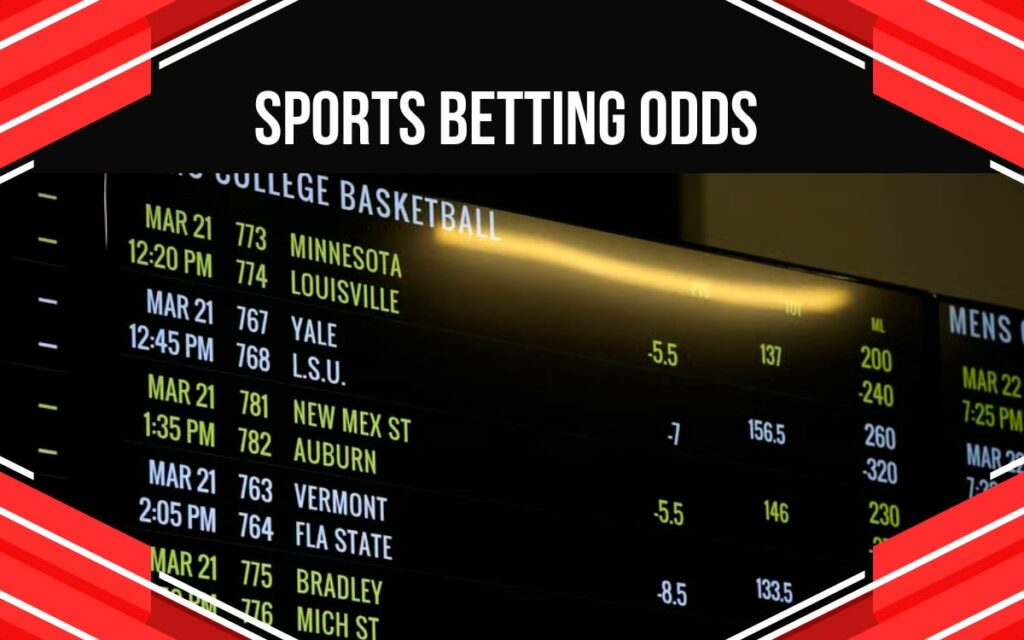Sports betting has been a popular activity for enthusiasts and punters alike, adding an extra layer of excitement and thrill to the world of sports. One of the key elements in sports betting is understanding and calculating the betting odds. Betting odds provide valuable information about the likelihood of a particular outcome in a sporting event, and they play a crucial role in determining potential payouts. In this article, we will delve into the concept of betting odds, how they work, and how to calculate them to find the best odds in sports betting.
What are Betting Odds?

Betting odds represent the probability or likelihood of a specific outcome occurring in a sporting event. They indicate how much money you can potentially win if your prediction turns out to be correct. Betting odds are typically presented in three formats: decimal, fractional, and American/Moneyline.
- Decimal Odds: Decimal odds are commonly used in Europe, Australia, and Canada. They represent the total payout per unit staked, including both the initial stake and the potential profit. For example, if the odds are 2.50, it means that for every unit staked, you will receive a total payout of 2.50 units if your bet is successful, including your initial stake.
- Fractional Odds: Fractional odds, commonly used in the UK, represent the potential profit relative to the stake. They are expressed as fractions or ratios, such as 3/1 or 5/2. The first number in the fraction represents the potential profit, while the second number represents the stake. For instance, with fractional odds of 3/1, if you bet 1 unit, you can potentially win 3 units in profit, in addition to getting back your initial stake.
- American/Moneyline Odds: American or Moneyline odds are prevalent in the United States. They can be displayed as positive or negative numbers. Positive numbers indicate the potential profit on a 100-unit stake, while negative numbers represent the amount you need to wager to win 100 units. For example, if the odds are +250, it means that a successful bet of 100 units would result in a profit of 250 units. On the other hand, if the odds are -150, it means you need to bet 150 units to win a profit of 100 units.
How Do Sports Betting Odds Work?
Sports betting odds are determined by bookmakers or sportsbooks who use their expertise, statistical analysis, and market demand to set the odds. They aim to balance the odds in a way that attracts bets on both sides of an event, ensuring they can make a profit regardless of the outcome. Bookmakers take into account various factors, including team/player performance, injuries, weather conditions, and public sentiment, among others.
Finding the Best Odds in Sports Betting:
Finding the best odds in sports betting is essential for maximizing potential profits in sports betting. It is common for different bookmakers to offer slightly different odds for the same event, so it’s crucial to compare odds from multiple sources. This process is often referred to as line shopping.
Several online platforms and websites provide odds comparison tools that allow you to compare odds offered by various bookmakers. By comparing the odds, you can identify the bookmaker offering the highest odds for your chosen outcome, giving you the best potential return on your investment.
In addition to comparing odds, it is also important to stay updated with the latest news, team/player performance, and any relevant information that may impact the outcome of the event. This will help you make more informed decisions when placing your bets.


